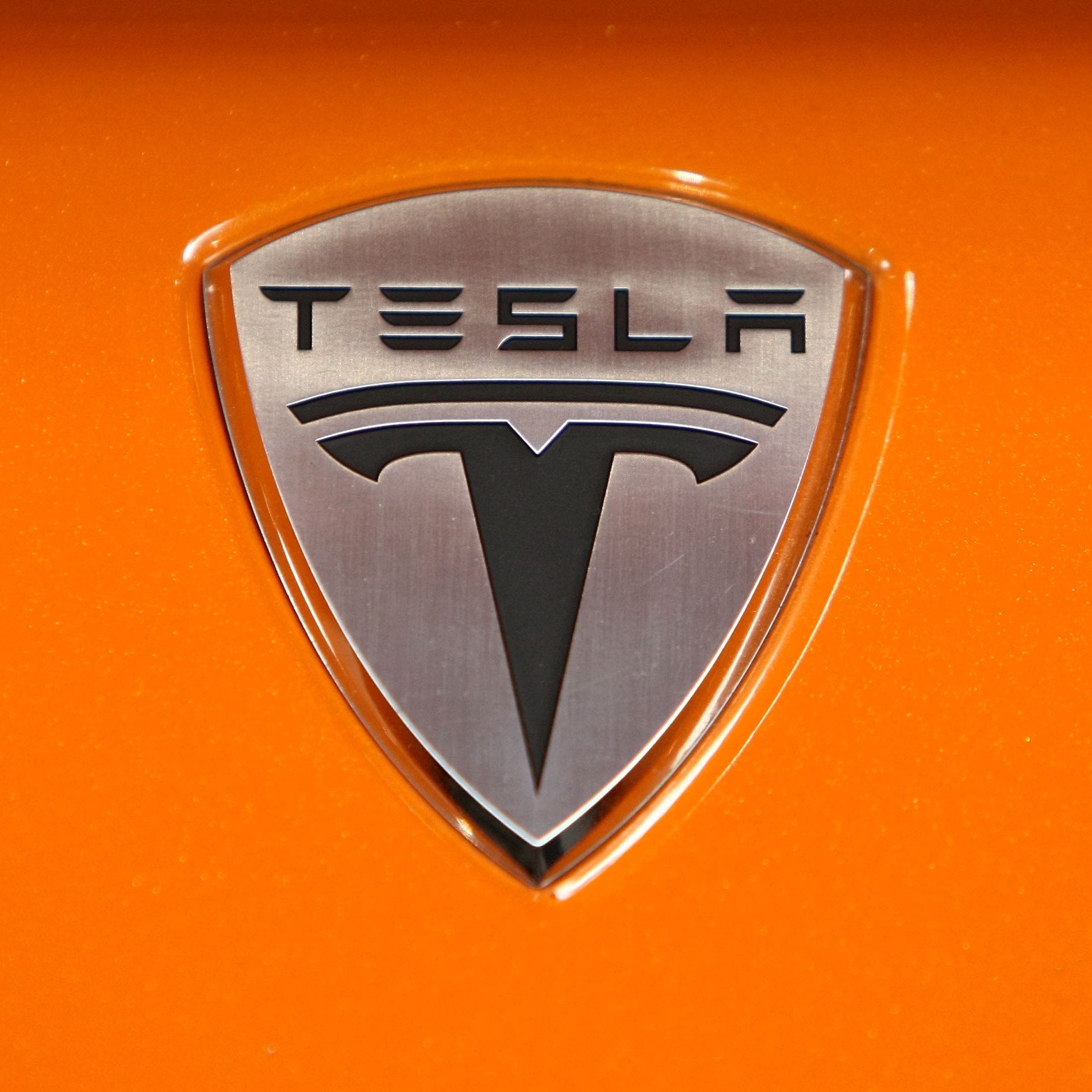Cars and Drivers
Tesla Investors So Negative on Solar Deal, Carmaker Loses More Value Than SolarCity Is Worth

Published:
Last Updated:

If you ever wondered about the risks of investing in a company in which the CEO has absolute control, or if you ever worried about what can happen when a hot-shot is high up in two public companies, Wednesday is the real evidence. Elon Musk is supposed to be Iron Man — sorry, Tony Stark. Now you are seeing that there could be cracks in the armor here. This deal also brings up corporate governance issues that are just too large to ignore.
News broke on Tuesday that Tesla Motors Inc. (NASDAQ: TSLA) was making an offer to acquire SolarCity Corp. (NASDAQ: SCTY). For alternative energy and renewable energy lovers, this deal sounds like it came from a perfect dream. For investors who look for real financial gain and who want their CEOs running a company for the best interest out there, the word that could be used to describe this would not look good when published. Hint: excrement!
Musk has more than just one conflict of interest here. There are blood relatives involved. He owns lots of stock in both companies. He has borrowed to buy shares. He is the chairman and principal shareholder of SolarCity and the CEO and Product Architect of Tesla Motors. Oh, and he is the chief executive and chief technology officer of Space Exploration Technologies (SpaceX) to boot.
Here is where the real rub should come into play. The $26.50 to $28.50 per share deal is a stock-for-stock deal, and the entire would-be value for SolarCity has been more than lost in Tesla shares. Make no mistake whatsoever, this means the verdict is that this is a bad deal. It may also mean that Musk just took a massive credibility blow here.
The upper end of the valuation would have put SolarCity as worth close to $3 billion. Its valuation after a 9% gain to $23.20 on Wednesday is a market cap of only $2.3 billion, but keep in mind that it has a 52-week range of $16.31 to $61.72.
As far as Tesla is concerned, an 8.3% drop to $201.00 results in a $29.4 billion market cap, which means when you net this out Tesla is being given zero value after you add in the new value of SolarCity and the lower value of Tesla. After announcing the buyout of SolarCity, Tesla shares were indicated down 11.2% at $195.00, versus a consensus analyst target of $264.75 and a 52-week range of $141.05 to $286.65.
Then there are the “what will Tesla gain in earnings and revenues” considerations. Unfortunately, this is (excrement) too. Both Tesla and SolarCity lost money on a reported basis after items in 2015. The Thomson First Call numbers show what may be desperation here. Tesla is expected to earn close to $644 million in 2018, and on 2015 revenue of $5.3 billion morphing exponentially to almost $17.5 billion.
SolarCity’s revenue of $399 million in 2015 is expected to grow to $1.1 billion in 2018. Unfortunately, it is expected to still keep losing money in 2018 and have negative profit margins. Now consider that SolarCity has been accused of merely being a finance company that simply facilitates installations of solar power rather than actually making solar power.
SolarCity was downgraded to Hold from Buy at Stifel after the Tesla acquisition offer. Merrill Lynch also took SolarCity to “not rated,” saying that company no longer is trading on its own fundamental metrics, and the firm noted that meaningful synergies remain limited despite pros and cons to the acquisition.
Tesla was downgraded to Perform from Outperform at Oppenheimer. Pacific Crest signals that this deal presents a new overhang on Tesla shares, and Raymond James was marginally cautious as well.
Investors need to understand that Musk has made some very aggressive targets and promises on how many Model 3 cars he can sell. He also still has a lot riding on the outcome of the Gigafactory and how many Powerwall and Powerpack sales will occur. Formally taking on an in-housing event may just complicate things that much more.
Large short interests may skew how these stocks trade as well. It seems unlikely that any one analyst call is going to sway that ahead. The best vote about what people really think about a merger or other news is how the stock performs.
Maybe Musk is so great that he deserves the benefit of the doubt here, and that we should maybe let the dust settle and see where things are in the months ahead before casting a final judgment. Then again, the reaction so far is something too bad to say.
Retirement can be daunting, but it doesn’t need to be.
Imagine having an expert in your corner to help you with your financial goals. Someone to help you determine if you’re ahead, behind, or right on track. With SmartAsset, that’s not just a dream—it’s reality. This free tool connects you with pre-screened financial advisors who work in your best interests. It’s quick, it’s easy, so take the leap today and start planning smarter!
Don’t waste another minute; get started right here and help your retirement dreams become a retirement reality.
Thank you for reading! Have some feedback for us?
Contact the 24/7 Wall St. editorial team.